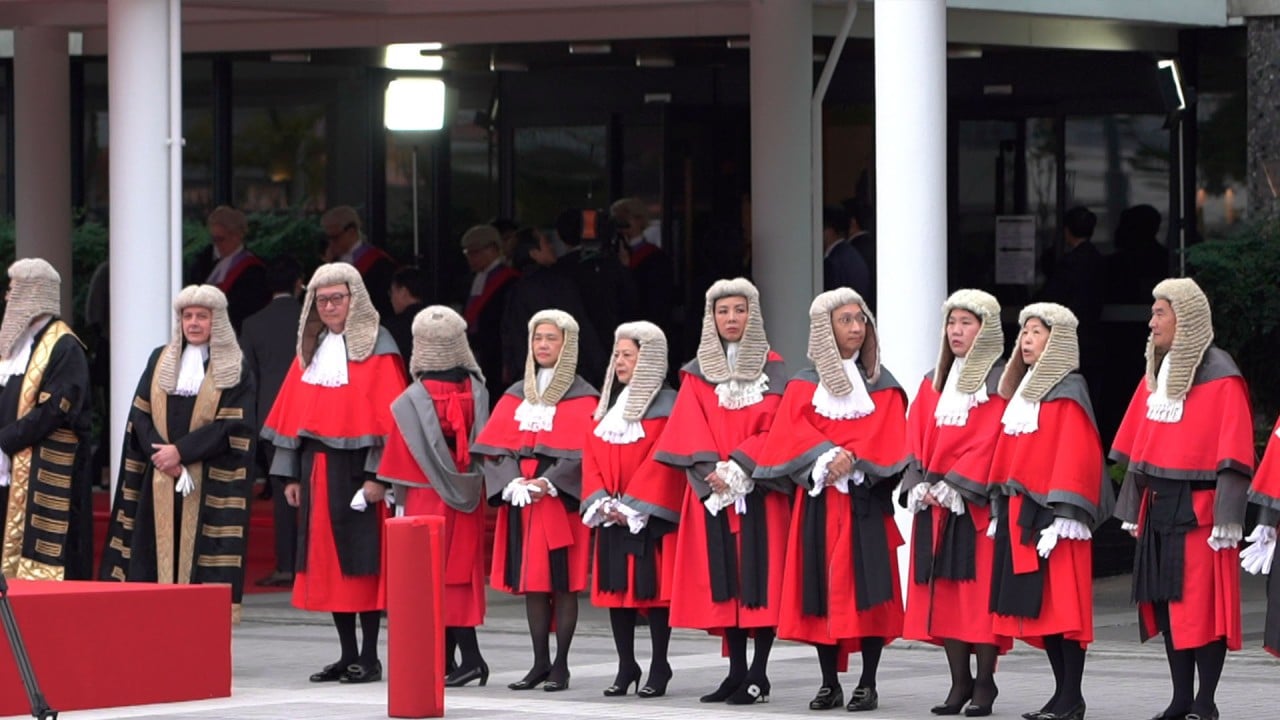China’s top court pledges more transparency after sharp drop in judgments shared online
The court also announced in December that it would establish two new archives for court rulings that would offer only limited public access, prompting alarm and anger among scholars, lawyers and the public, with many slamming the move as incompatible with the “sunshine judiciary” principle Beijing has promoted.
In its announcement on Sunday, the SPC said the new services were intended to solve problems with the website, including security risks and failures to protect individual rights.
It also said the rights and privacy of individuals would be guarded so that personal information about litigants or companies involved in cases was protected.
Zhu Xiaoding, a Beijing-based criminal lawyer, said the Sunday meeting was an attempt by the top court to correct its own errors after a public outcry.
However, he remained pessimistic about the extent to which judgment documents would be made available online, as barriers such as “state secrets, individual privacy and commercial secrets” remained in place.
“I think selective access to legal documents is still going to be common in the future,” he said.
More legal protections for copyright would also be provided, the court said, which added that all public petitions should be responded to.
The concept of the “Fengqiao experience in the new era” is based on a Mao-era model for resolving social conflicts at the grass-roots level that Chinese President Xi Jinping has repeatedly praised, calling it an integral part of improving “social governance”.
China’s rural women struggle for land rights, despite legal protections
Xi has said that China’s special circumstances meant that it could not become “a country of litigation”.
“We have 1.4 billion people, if everything, big or small, has to be decided by a lawsuit, our system wouldn’t be able to bear the burden,” he said in 2021, calling for more legal power to guide and mediate conflicts.
